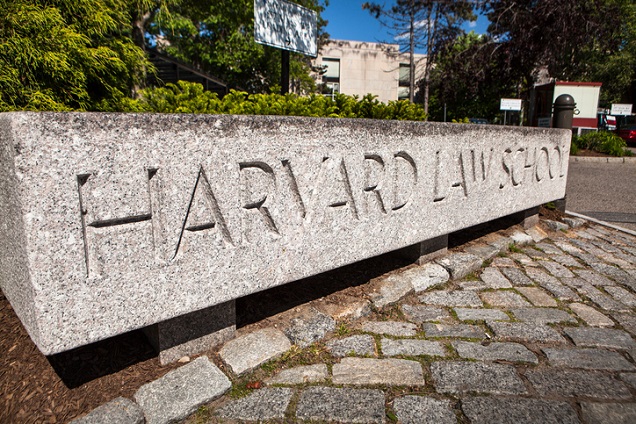
Firstly, I am a grounded democrat who will never ever buy into coups. This is the reason why I was a spectator and did not participate in the November 17, 2017 facade. I amongst many, recused myself from the deception of the time, for I knew what it was. The involvement of the military in the politics of the nation in the history of mankind has led to the undermining of the very foundations of democracy in many states. In my study of history at University level, coups have never been a panacea to democracy and happiness of the people.
It was surprising that Kazembe Kazembe in his lack of understanding of my persona threatened my person in the company of our National Security Services Chiefs who are the people’s final line of defense. He stated that myself and my exiled brother Saviour Kasukuwere peddle lies about an imminent coup in our country. This statement is not only a lie but delusion of grandeur. I am grounded in the people and believe in people power not any other force. When I saw my brothers from the Security Services Chiefs in his company, I became proud because General Valerio Sibanda and Police Commissioner General Godwin Matanga and other luminaries of the liberation struggle represent the dreams of the people of Zimbabwe as the liberation struggle was fought for the liberty of its people and their happiness. Their constitutional duty is to be the people’s shield and the territorial sanctification of Zimbabwe. No one disputes their immutable value today and tomorrow to Zimbabwe. They remain the pillar of the security and safety of Zimbabweans. The target politicking of Kazembe Kazembe won’t work in the 21st century to tarnish political contenders and besmirch their reputation in the eyes of the people. All power is grounded in the people and I am on the side of the people and they will stand with me throughout these threats. Let it be reassured. I will never walk this journey alone. I will be with the people behind me.
I have told the people of Zimbabwe several times that my life is under threat and in danger. Some did not take it seriously and others thought it was political grandstanding. I ended up informing my employer the Law Society of Zimbabwe about the security threats and dangers around my life. Many a times, I have escaped assassination attempts on my life through road accidents, maltreatment and torture. I am being trailed on a daily basis by unknown individuals.
My freedom as a person has long been lost. I no longer have a social life but that will never dissuade nor deter me from speaking on behalf of the voiceless and the oppressed. Our people need happiness and their cry is that Zimbabwe belongs to everyone and all of us. We all need a share of the national cake and happiness.
It is cowardice to try and silence everyone into submission when our country is being looted dry right in our eyes. The resources in our country belong to every Zimbabwean. They are not there for the loot of the few. I represent that voice of a starving soul throughout Zimbabwe. Our people are suffering. They need happiness in their lifetime and it is that voice and reason why I speak on their behalf. I speak on behalf of the poverty stricken unemployed youth. I speak on behalf of the starving vendor, a suffering farm labourer, a peasant farmer whose produce has been reduced to nothing, a teacher whose salary can only afford a bar of soap, a packet of matemba and 2 litres of cooking oil, a soldier whose life is so difficult that they are no longer able to send their children to school. A police officer who after the end of the month is not able to make his wife and children happy. University and college graduates who have become faces of destitution. Zimbabwe is filled with sorrowful faces, souls and hearts. They cry everyday for their liberty, freedom and joy. This is a society I am prepared to die for. No matter the amount of intimidation, I will never relent on my calling by God to fight on behalf of the oppressed.
In light of these threats, by this response, I have informed domestic, regional and international authorities about the danger of the threat to my life by the ZANU PF regime through Kazembe Kazembe. Cry Zimbabwe cry. We shall be free one day.
Post published in: Featured



















 Ellen Trachman is the Managing Attorney of
Ellen Trachman is the Managing Attorney of